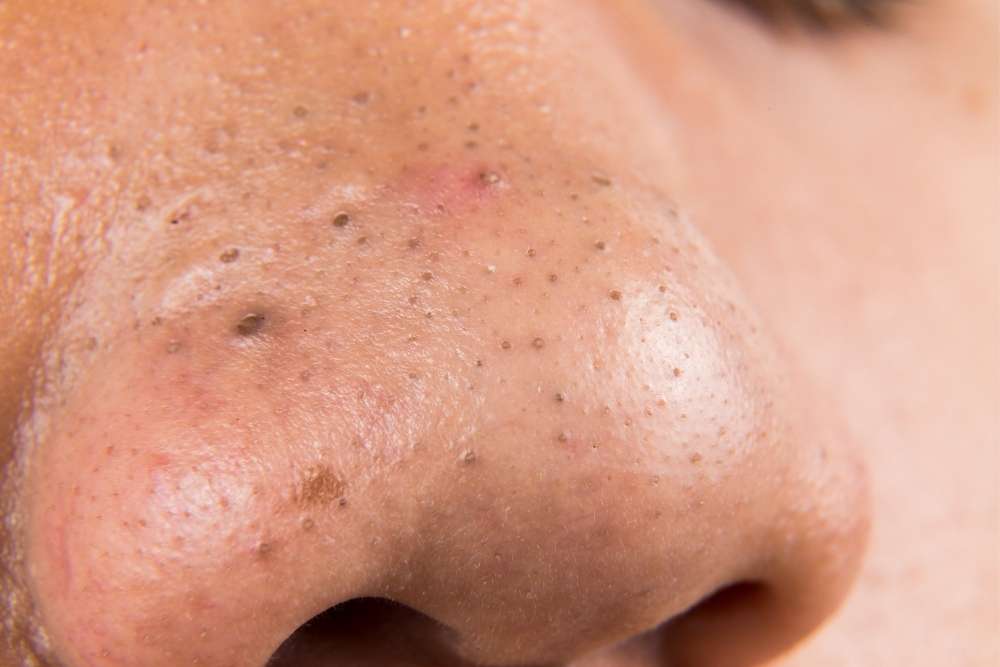A Comprehensive Guide to Acne Treatment: From Home Care to Professional Solutions
Acne is a common skin condition affecting millions of people worldwide, with various treatment options available depending on severity and type. Understanding the range of treatments and their effectiveness can help you make informed decisions about managing acne. This guide explores different approaches to acne treatment, from over-the-counter solutions to professional medical care.

Understanding Different Types of Acne Treatments
Over-the-counter treatments typically contain active ingredients like benzoyl peroxide, salicylic acid, or alpha-hydroxy acids. These work by reducing inflammation, unclogging pores, and killing acne-causing bacteria. Prescription medications may include topical retinoids, antibiotics, or hormone therapies for more severe cases. Professional treatments such as chemical peels, light therapy, and extraction procedures are also available through dermatologists.
How Daily Habits Impact Acne Management
Lifestyle factors play a crucial role in acne management. A consistent skincare routine, including gentle cleansing twice daily and non-comedogenic moisturizers, forms the foundation of acne care. Diet, stress levels, and sleep quality can also influence skin health. Regular exercise helps improve circulation and reduce stress, but remember to cleanse skin promptly after sweating.
Comparing Topical Solutions and Professional Treatments
Topical treatments work directly on the skin’s surface and are often the first line of defense against acne. These include cleansers, spot treatments, and medicated creams. Professional treatments offer more intensive solutions, such as:
| Treatment Type | Description | Typical Timeline for Results |
|---|---|---|
| Chemical Peels | Removes dead skin cells | 2-4 weeks |
| Light Therapy | Targets bacteria and inflammation | 4-6 weeks |
| Microdermabrasion | Exfoliates and unclogs pores | 4-8 weeks |
| Extraction | Removes existing blockages | Immediate |
Prices, rates, or cost estimates mentioned in this article are based on the latest available information but may change over time. Independent research is advised before making financial decisions.
Key Factors Affecting Treatment Success
Several factors influence treatment effectiveness, including:
-
Consistency in following treatment protocols
-
Type and severity of acne
-
Individual skin type and sensitivity
-
Hormonal factors
-
Environmental conditions
-
Current medications and medical history
When to Consult a Dermatologist
Consider seeking professional help if:
-
Over-the-counter treatments haven’t shown improvement after 8-12 weeks
-
Acne is severe or cystic
-
Scarring is occurring
-
Acne is causing emotional distress
-
There are signs of infection
-
Acne appears suddenly in adulthood
This article is for informational purposes only and should not be considered medical advice. Please consult a qualified healthcare professional for personalized guidance and treatment.




